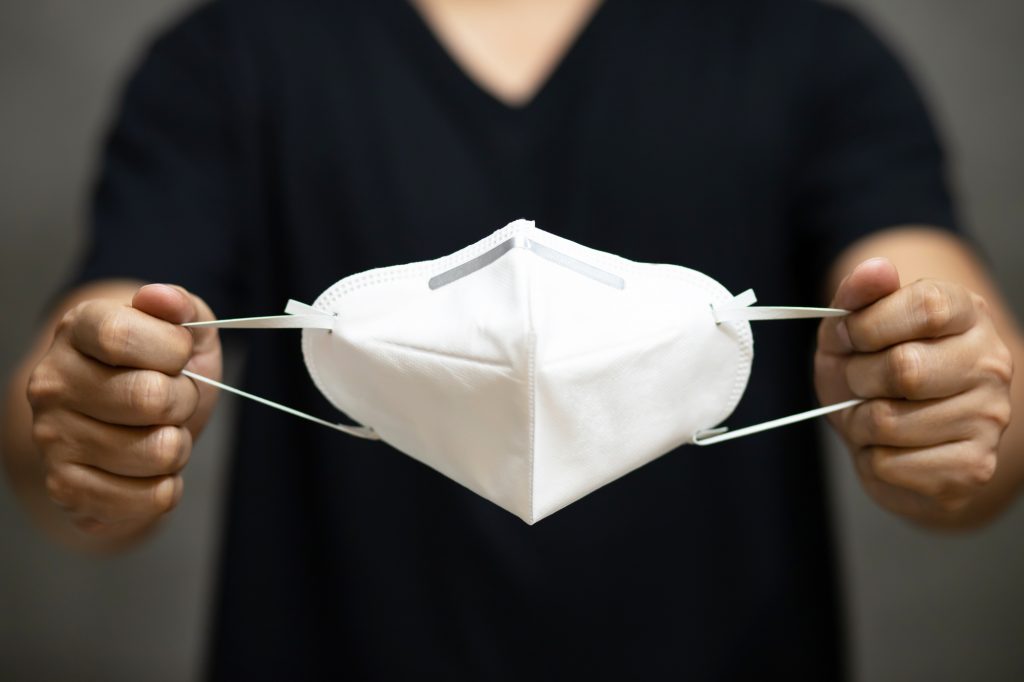
Since March 2020, the amount of telephone calls, emails and subsequent cargo that arrived [mainly by air] of face masks has been quite amazing. It was even more amazing to read in the Sydney Morning Herald on 26 March 2020 that the same goods amongst sanitiser, ventilators and personal protective clothing was exported by sea in January and February 2020 and another 82,000 kilograms was exported by air in February 2020. The Australian Border Force established that these same goods were to be prohibited exports under Regulation 13GI of the Customs (Prohibited Exports) Regulations 1958 from 30 March 2020.
Australia was caught out with minimal stocks of face masks. Australia’s media reported issues of faulty face masks; an Australian Border Force officer advised the ABC News in April that the ABF had already seized 800,000 masks with a value of $1,200,000 and that the cargo was arriving by air freight. The United States in May barred 65 out of 89 authorised manufacturers in China from exporting N95 style face masks to the U.S due to poor quality. In Canada, Toronto recalled 60,000 faulty surgical masks in April, in May Canada reported that 1,000,000 face masks were not satisfactory; Canada further reported that the majority of the 11,000,000 face masks were not up to standard and that they would not be paid for by Canada. In New Zealand the Northland Age reported on 30 April 2020 that China’s medical device market regulators had seized more than 89,000,000 masks and questionable personal protective equipment. The Netherlands in March recalled more than 500,000 Chinese masks that did not close over the face properly or had defective filters. The U.K Government in May reported that 1,000,000 face masks had been intercepted at East Midlands airport; only 300,000 were released for use after being deemed as satisfactory.
One of our clients purchased 20,000 KN95 face masks in April 2020, they had never imported face masks before, their supplier had never supplied face masks before to Australia, the importer applied for an “approval to supply” with the Therapeutic Goods Administration [TGA] on Saturday 11 April 2020, paid the TGA $540 fee and received the approval to supply on Tuesday 14 April 2020; in one full business day the approval to supply was all completed and the TGA received their $540.
The KN95 face masks had no Australian Standards paperwork, no Australian certifications, were never tested by TGA and have not been tested by any independent testing authority to make certain that the KN95 face masks would undertake the task at hand.
I found and continue to find the TGA process of gaining approval for face masks and other things that the TGA approves for the Australian marketplace to be quite honest as “tick and flick”. The TGA has previously approved pelvic mesh implants for women; it has been reported that these implants caused serious and debilitating side effects. There was a class action of 1350 women who sued the supplier who had received TGA approval to supply.
This is a story of one importer amongst the hundreds of importers who have imported face masks and subsequently sold the masks without any official government testing. The TGA has stated that consumers and purchasers should refer to the Australian Register of Therapeutic Goods [ARTG] to assess whether face masks and other goods are accredited with TGA; the fallacy in this comment is that the goods which are being approved for supply have not been tested and in one case [the pelvic mesh implants] turned out to affect over 1350 women — in summary the TGA approval for supply cannot be trusted.
Just as the TGA provides approvals to supply; in futuristic planning and wishing, it would be good if the TGA process could be relied upon in other ways such as “approvals to export” out of Australia. Having an approval to export process would ensure that the goods that are exported around the world carry some certainty, in saying this the TGA would need to improve their testing, vetting, accreditation and approval to supply process.
Peter McRae, CEO Platinum® Freight Management Pty Ltd, Adjunct Lecturer with the Centre for Customs and Excise Studies, Charles Sturt University, Master of International Customs Law and Administration, Master of International Revenue Administration
About Peter McRae
Peter McRae is a Certified Customs Specialist in Canada and the USA. He is also a Certified Trade Compliance Specialist in Canada. With 20 years industry experience, McRae runs a successful customs brokerage that he founded in Australia in 2000. Platinum® Freight Management is a leading independent customs brokering and freight forwarding company operating in Australia and with international offices, including New Zealand and soon Canada.
In 2015 McRae was named one of the top Australian customs brokers at the annual Shipping and Maritime Industry Awards.
With his extensive experience, McRae guides clients, from individuals to SMEs and large businesses, through the complex and little understood Customs system for importing and exporting.
McRae holds a Masters of International Customs Law and Administration as well as a Masters of International Revenue Administration through the University of Canberra.
He has taught Customs Brokering at Australia’s TAFE education institution for nine years and is an Adjunct Lecturer at the Australian Graduate School of Policing and Security through Charles Sturt University.
Platinum® Freight also runs professional industry workshops to educate businesses about Customs processes.
